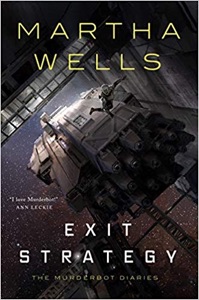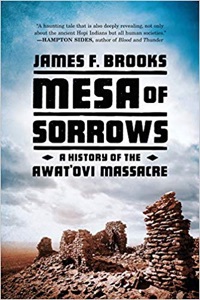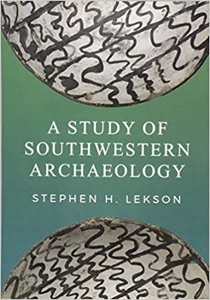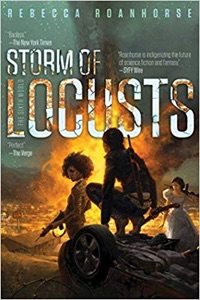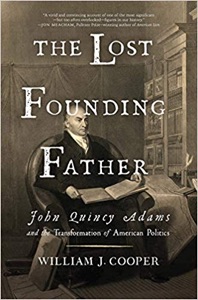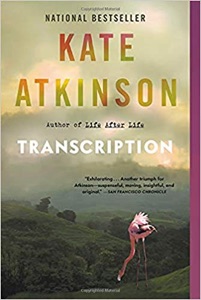The archaeology of the American Southwest has always been rooted in Anthropology, while the archaeology of classical Europe is more closely allied to History. The result, Lekson argues, has been decidedly mixed. In particular, the focus on anthropology concentrates all attention on the ethnographic present, on the way things turned out, and this exclusive focus precludes history.
Sometime in the 13th and 14th centuries in the American Southwest, something happened. Through all his late work, this has been Lekson’s theme. Chaco — unprecedented in the region — vanished. Aztec rose, and vanished. Mimbres, too, vanished — or, rather, moved downstream and changed their art, their architecture, and probably everything else.
Chaco’s great houses look like pueblos, but they weren't. They were palaces.They fell, as palaces fall, to revolution. Chaco was not like a modern pueblo: the modern pueblo was created, in part, from the revolution against whatever Chaco was. That revolution was interesting and ideological; we may never know very much about it, but we should learn what we can.
Billed as a final book by the great historical stylist of his era, this is a book that repays study.
June 1, 2019 (permalink)
